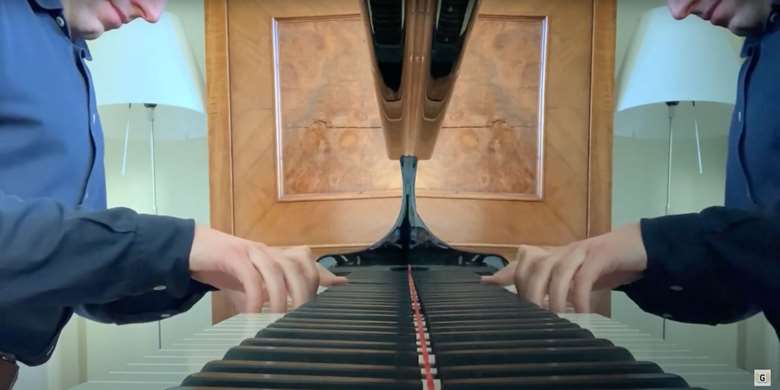Recording Bach's Three-Part Inventions at home
Boris Giltburg
Wednesday, May 27, 2020
Boris Giltburg reflects on the process of playing and recording Bach's Three-Part Inventions alone, at home. Plus, enjoy the full video of the performances...

Register now to continue reading
Thanks for exploring the Gramophone website. Sign up for a free account today to enjoy the following benefits:
- Free access to 3 subscriber-only articles per month
- Unlimited access to our news, podcasts and awards pages
- Free weekly email newsletter







